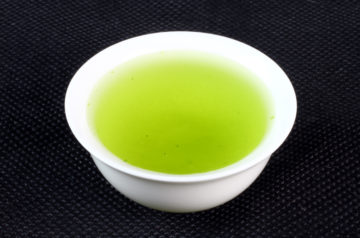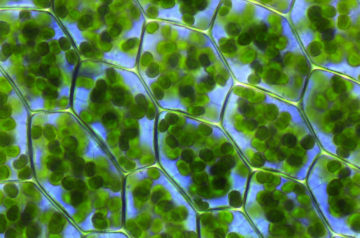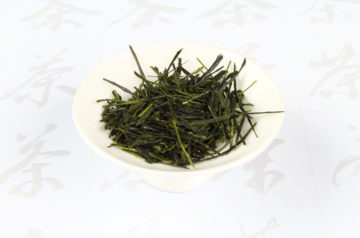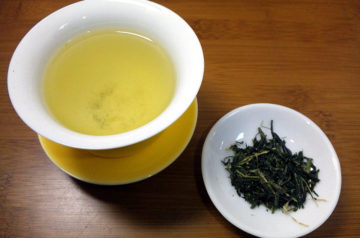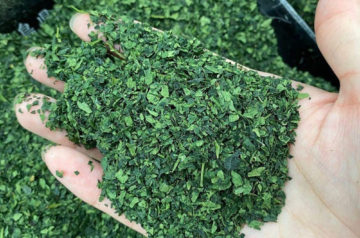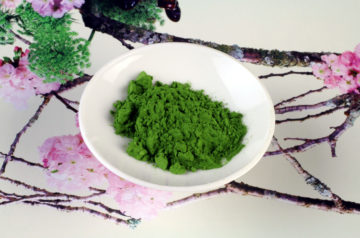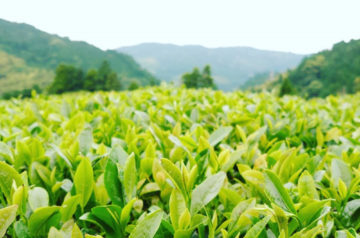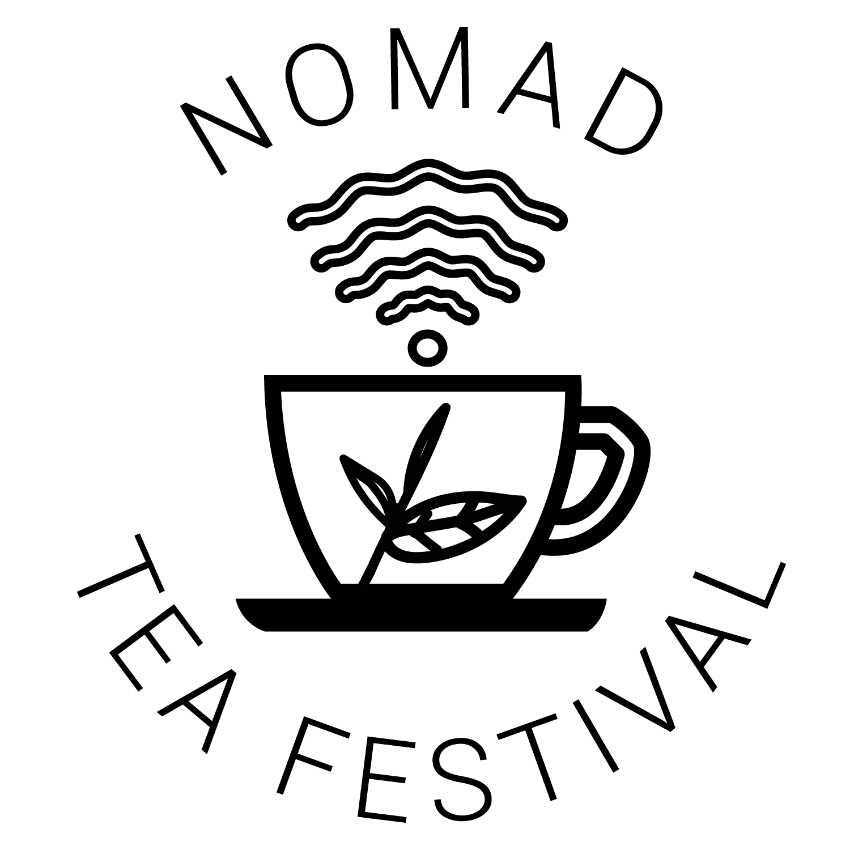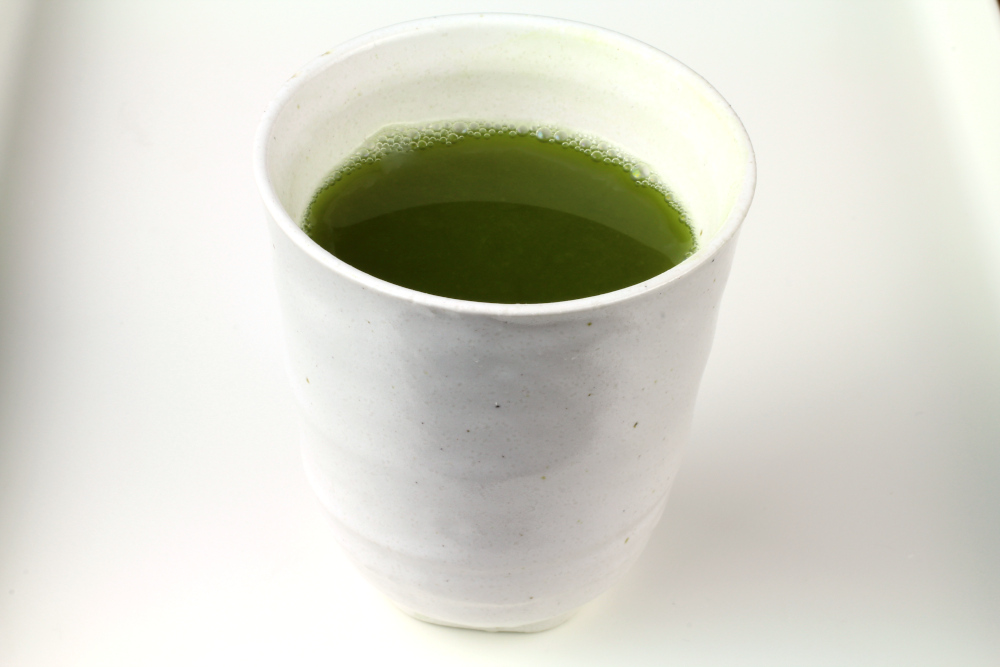Ikkyu Tea has different types of sencha on their site. This is one of them. As with their other sencha, Ren is a Japanese first name. Tea farmer Shimono...
About the Aroma of Shincha
Shincha, the Japanese tea from the first harvest of the year, has a very fresh aroma. This fragrance that reminds us of spring isn’t found in teas from later...
Top 3 Japanese Tea Importing Countries
Can you guess which countries import the most Japanese tea? You might be surprised with the answer. The most recent data I could find was from 2015, by Japan’s...
Sugimoto Tea Sencha Shizu-7132
After learning about the Shizu-7132 cultivar I’ve been wanting to taste it. Would it really have a cherry blossom aroma? How sweet would it be? The good news is...
Aroma Compounds in Japanese Green Tea
Did you know that there are more than 600 volatile compounds in tea? They are responsible for aroma as well as flavor. It’s not entirely clear how each compound...
The Seimei Tea Cultivar
Seimei (せいめい), written with the Chinese characters 清茗 can be translated as “clean and pure tea”. This cultivar is highly suitable for making shaded teas such as tencha. History...
Naoki Chiran Matcha
This matcha comes from the Chiran tea region around Minamikyūshū city in Kagoshima prefecture. Many thanks to Naoki Matcha for giving me this sample for review. One very interesting...
The Tsuyuhikari Tea Cultivar
Tsuyuhikari (つゆひかり) can be translated as “dew light”. This tea cultivar has a high valuation in terms of umami taste and color of its liquor. While still a rare...
Nomad Tea Festival
Two weeks ago I attended the Nomad Tea Festival, which is a virtual tea event. I had missed other virtual tea events because of my work schedule, so I...
Wakoen Benifuuki Powder
Nowadays I don’t go out as often because of the pandemic, so my allergies have improved. But I still have symptoms every now and then. That’s why I like...
Tea Tasting Guide by Tony Gebely
Tony Gebely from Tea Epicure is offering a tea tasting guide for just one dollar! I learned about it through his newsletter. The guide consists of two parts. The...
At what Age can a Child Start Drinking Tea?
Tea contains caffeine, although its total content varies depending on the type of tea. Pregnant women are advised to limit or totally stop their caffeine intake, and the same...

